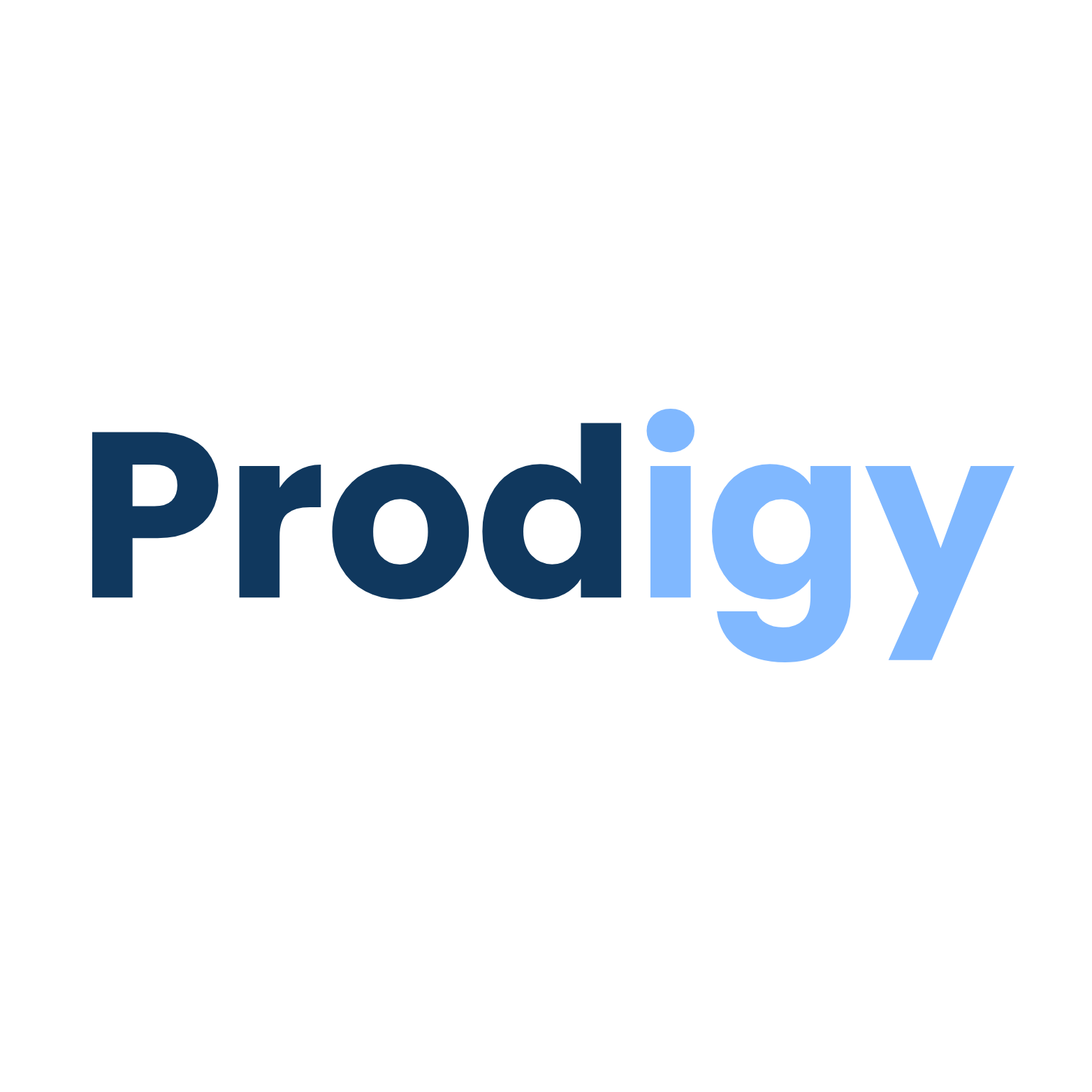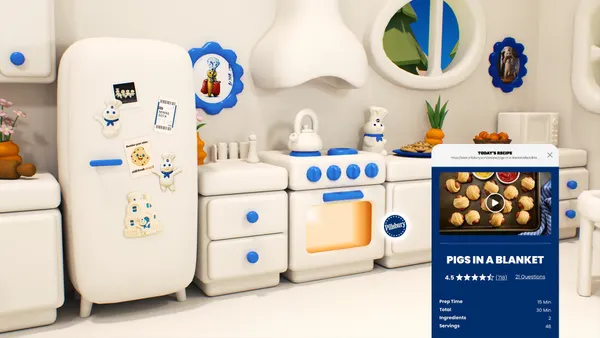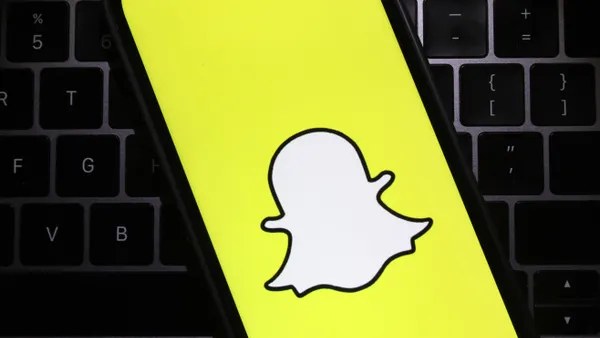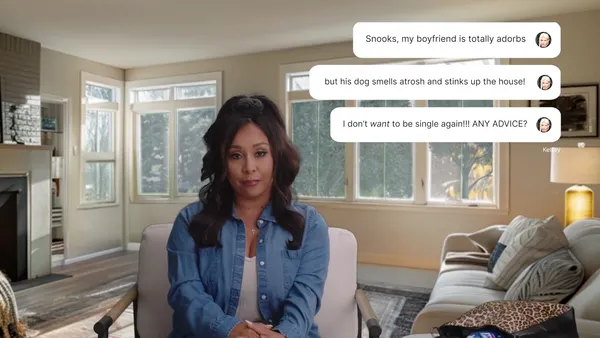Brief:
-
Amazon started accepting applications for its second Alexa Accelerator group that will participate in a 13-week program to nurture budding technologies for Amazon’s voice-enabled digital assistant. The program will choose 10 startups to work in Seattle and as many as three to work in the U.K., the company said in a blog post.
-
Amazon’s $100 million Alexa Fund overseas the accelerator as part of the e-commerce giant’s efforts to invest in companies that push the boundaries of voice-based interaction, per a report in Geekwire. Amazon has invested in more than 30 startups as part of the fund.
-
The Alexa Accelerator runs July through September, with a demonstration day scheduled for October. Applications are due April 8. Information sessions will be held in Seattle, San Francisco, Los Angeles, London, Paris, Berlin, Tel Aviv, New York City, Boston and Toronto.
Insight:
Amazon needs to build out the functionality of Alexa to compete with Google, whose Assistant was found to be more effective at answering questions, per Quartz. That’s understandable, given Google’s key strength in internet search. But it remains to be seen how Google will monetize its Home products with advertising or music streaming subscriptions, while Amazon can sell Echo devices at a loss to introduce people to its e-commerce platform. In other recent news, Alexa has been built-in to homes in a new Florida complex.
Amazon may have missed out on marketing a popular smartphone, but the e-commerce giant is taking an early lead in the market for voice-enabled digital assistants with the sales of Echo devices that feature Alexa. Several reports last year indicated that Amazon’s U.S. market share for smart speakers was between 70% and 76%, outpacing No. 2 player Google, whose Home product features the Google Assistant.
It will be interesting to see which companies Amazon chooses for this year’s Alexa Accelerator. One of the risks for these companies is that Amazon will seek to develop a promising technology on its own, per The Information. Last year, Amazon selected companies that were developing ultra-low power processors for IoT devices, interactive entertainment, voice conferencing and machine learning. One company that made wearable cell phones for kids, Tinitell, later stopped making the devices and will end service in September, per its website.













